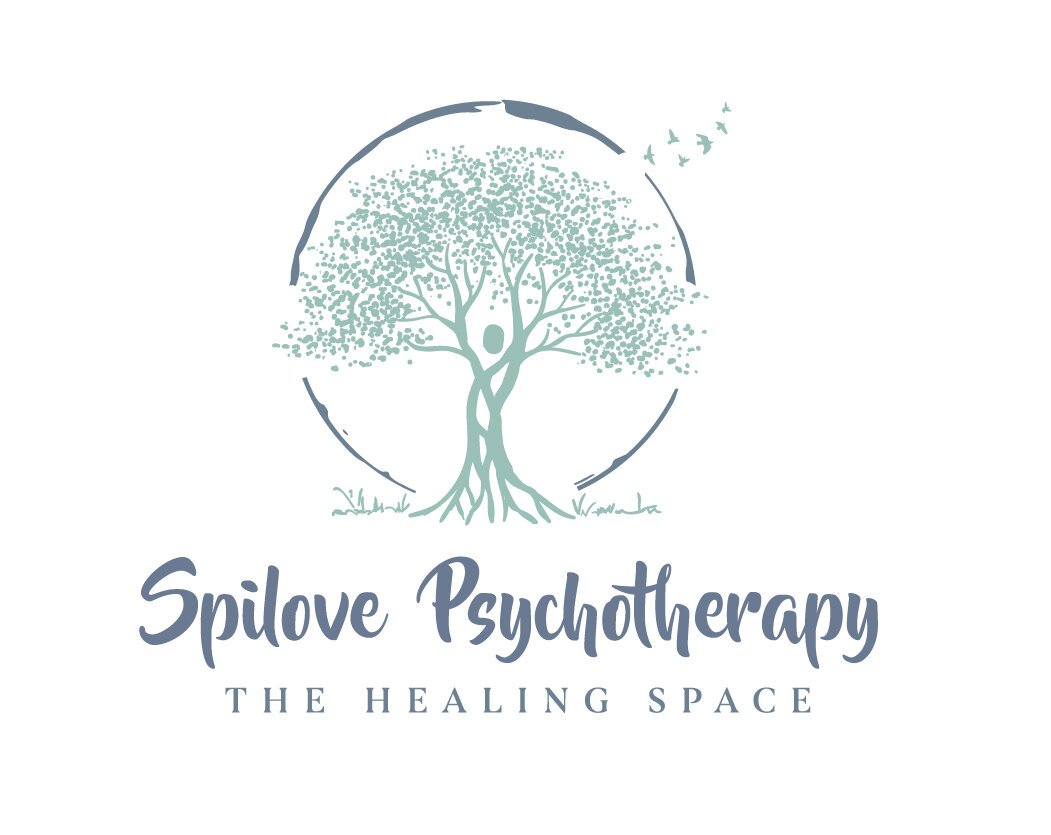What Is Trauma? How Can I Cope With My Own Trauma?
What Is Trauma? How Can I Cope?
Maybe you’ve gone through stressful and distressing event(s), but have downplayed your experiences, convincing yourself that what happened to you wasn't that bad or that you should be over it by now.
Ever been in a toxic relationship? Once you're out of it, you feel like a shell of who you were–anxious, numb, and withdrawn from the world around you.
Maybe you’ve experienced or been a witness to something threatening–like physical, sexual, emotional or childhood abuse or a one-time event like a natural disaster or car accident.
Perhaps you notice yourself having memories, feelings, sensations and thoughts come to the surface when you are feeling threatened, causing you to freeze.
If any of this is sounding familiar, you might have experienced trauma.
Trauma is the body and the mind’s response to a disturbing or distressing event.
When we experience trauma, our system becomes overwhelmed by stimuli, and our ability to cope is diminished. We can sometimes lose the ability to experience a full range of emotions and can even become stuck in the traumatic memory itself, making it feel like our bodies are living the experience over and over again without us even recognizing it.
Trauma itself is highly personal. What one person views as trauma, another might not (and vice versa) or you might have had a similar experience as someone else, but each of you were affected differently. What we know for certain is that while trauma affects all of us differently, experiencing something that is stressful, frightening, or distressing leaves us all with a deep long-lasting wound.
Here Are Some Examples of What is Trauma and What is Not
If something bad happened to you or someone you know
If you saw something that scared you
If someone made you do sex things or made you watch sex things
If you were in a bad accident
If you have been harassed or bullied
If you lost someone that you cared about or saw them get really sick
If someone hurt you or you saw someone get hurt
If you felt trapped in a relationship or physical situation
If you’ve experienced discrimination
If you’ve been abandoned or rejected
If you were made fun of, invalidated or humiliated by others
All of these trauma experiences can leave lasting impressions on one’s life and impact the way in which a person navigates the world around them. These events and experiences can stick to us, even after that terrible moment has passed, making us feel strong emotions and ultimately changing the lens that we view the world through. Which is why it can feel impossible to manage or cope with trauma.
You might be wondering…How Can I Cope with Traumatic Memories? Are There Helpful Ways of Coping Trauma? How Can I Recover From Emotional Trauma?
It takes time to be able to build your own tool box to support yourself. However, there are things that you can try (right now even!) to manage the symptoms of trauma. And it is important to note that different things work for different people, so be kind to yourself if things you try don’t help.
How to Cope with Trauma Flashbacks…
Tell yourself that you are safe with a mantra
Observe the soundings around you and then describe your soundings out loud
Remind yourself that you are in the present moment by separating past from present (i.e., ‘It’s 2023, not ___ (the date/timeframe of the flashback).
If you are having panic attacks…
Focus on an object in the space around you
Muscle relaxation techniques
How to Cope with Complex Trauma and Dissociation…
Chew a piece of gum
Clap your hands and notice the stinging sensation
Hold a cold ice cube or dunk your face in cold water
Paced breathing
Distracting with wise mind ACCEPTS
Self-sooth with the 5 senses
How to Cope with Anxiety Trauma Symptoms…
Make yourself a hot drink and drink it slowly, noticing the taste and smell, the shape of the mug and its weight in your hand
Journaling
Take a cold or hot shower
Meditation
If you are feeling sad, depressed or lonely…
Watch your favorite TV show
Write all your negative feelings on a piece of paper and tear it up
Start a gratitude journal
Reach out to your support system to connect
Listen to a song that makes you feel good
Write a letter to the part of yourself that is feeling sad or alone
Coping with the ripple effects of trauma is difficult and exhausting.
It is not easy and it takes time to really heal from the experiences, however there are things that you can do daily to help yourself and start the healing process, in addition to the coping skills discussed above. These can include,
Understanding your triggers
Reaching out for support from friends, loved ones, and/or family
Joyful movement
Being patient with yourself and healing at your own pace
Self-care
Reaching out to a mental health therapist
Exploring ways to manage stress
Trying relaxation techniques
Trauma is the ripple effect of how we as humans respond to distressing event(s) that we experienced at some point in our lifetime. Trauma is truly overwhelming to deal with and it can feel scary to even think about addressing. However, you don’t have to do it alone. You can safely heal from your past through the use of these skills and by talking with a therapist so you can finally move on with your life.




